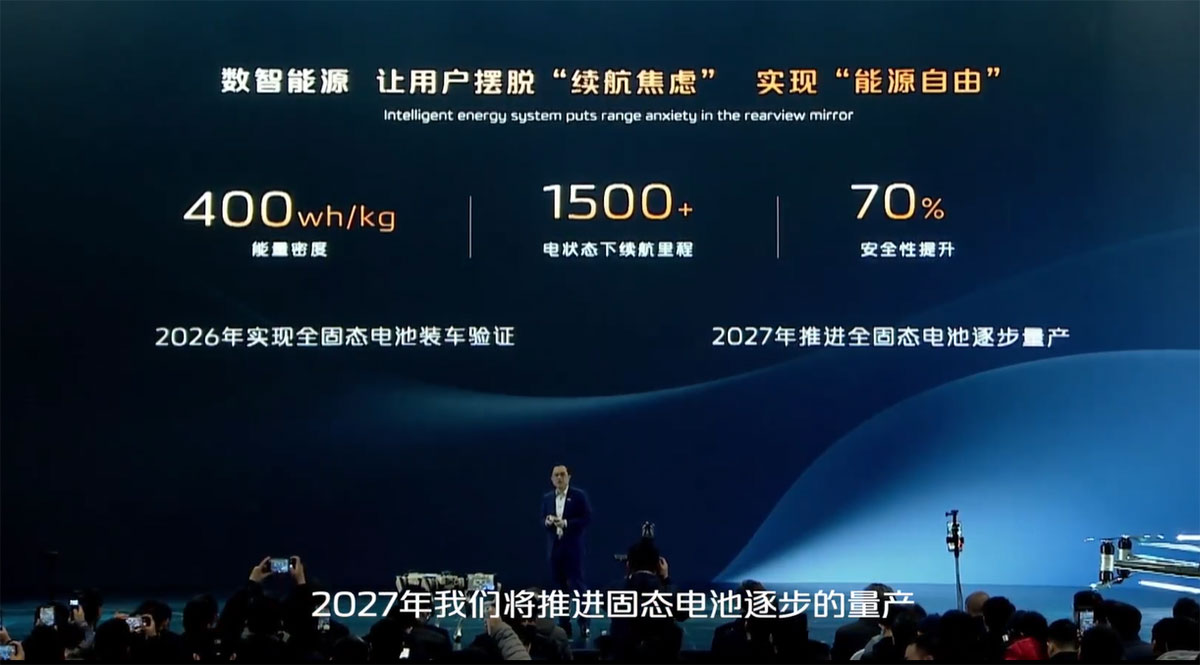Law Firm Tagged Over Fake Citations Quietly Deletes Blog Post Encouraging Lawyers To Use AI
They should have read it instead. The post Law Firm Tagged Over Fake Citations Quietly Deletes Blog Post Encouraging Lawyers To Use AI appeared first on Above the Law.


On May 16, Butler Snow landed on the unhappy end of a Show Cause order from an Alabama federal judge. It seems as though the firm’s recent filing included some legal research and the judge noted, “the court has conducted independent searches for each allegedly fabricated citation, to no avail.” The firm, representing a prison official on behalf of the state for allegedly failing to protect an inmate stabbed 20 times — over multiple different occasions — responded swiftly to the order, explaining: “Tempted by the convenience of artificial intelligence, counsel improperly used generative AI to supplement two motions and did not verify the citations that AI provided.” Butler Snow admitted that one lawyer decided to insert some cases for some well-established legal propositions and used ChatGPT in one of those moments where less would have been more.
In his bio, the lawyer responsible touts his ability to “work outside conventional norms allow him to solve difficult legal and business problems.” Yes, using a consumer-facing AI in lieu of legal research is outside conventional norms… though it did more to invite difficult legal and business problems this time.
But just the day before, Butler Snow had published a post on its site titled “Artificial Intelligence: I’m A Little Behind. Have I Missed the Train?” written by a lawyer entirely unrelated to this screw-up encouraging lawyers not to feel overwhelmed for avoiding the technology until now and to jump into the AI waters. The website address currently directs to a 404 Page Not Found, presumably after the firm doused every mention of artificial intelligence in their system with kerosene and lit the match. Thankfully, the Wayback machine preserved this moment in unintentionally hilarious timing for posterity.
It’s a shame that the firm decided to scrub its site of AI mentions like a Biglaw firm talking about equal employment, because this post is exactly the sort of article that lawyers need to read.
“The key is to start small so that they can understand its capabilities and its limitations,” the post explains. “Different AI tools are used for different things. People often get into trouble when they begin using AI tools for something it was not intended to do.” The author doesn’t even leave it to imagination here, explicitly recounting the story of the lawyers who landed themselves in trouble for having ChatGPT make up cases for them.
Their results should be seen as a first draft and should always be verified. Though it may be too early to draw any conclusions from the most recent Colorado case, most mishaps involving AI could have been prevented by a review of the AI output by the human running the tool.
As it turns out, Butler Snow doesn’t need to wait for the conclusion of the Colorado case because it now has first-hand knowledge that this “could have been prevented by a review of the AI output by the human running the tool.”
The latest filing explains that the firm is “drafting a new comprehensive artificial intelligence policy” and instituting new training programs, but the fact that a precautionary article got swept up in the deletions doesn’t bode well for the outcome. This situation seems ripe for overcorrection, and the firm will regret if it draws the line at using Grammarly or limiting Co-Pilot to writing internal emails.
Generative AI has a lot of problems and a lot of its output can be comically bad, but not necessarily any worse than a summer associate’s research memo. No one is filing’s a summer’s musings with the court, but no one is dismissing it out of hand either. It jumpstarts your thought process, some of the work is salvageable, and with iteration, the product gets marginally better. Junking the technology as a whole just cedes leverage to competitors.
On the other hand, “Alabama prison officials fighting inmates demanding rights” seem like a constituency that we might want to put the brakes on, so this might be fine.
(Response on the next page…)
 Joe Patrice is a senior editor at Above the Law and co-host of Thinking Like A Lawyer. Feel free to email any tips, questions, or comments. Follow him on Twitter or Bluesky if you’re interested in law, politics, and a healthy dose of college sports news. Joe also serves as a Managing Director at RPN Executive Search.
Joe Patrice is a senior editor at Above the Law and co-host of Thinking Like A Lawyer. Feel free to email any tips, questions, or comments. Follow him on Twitter or Bluesky if you’re interested in law, politics, and a healthy dose of college sports news. Joe also serves as a Managing Director at RPN Executive Search.
The post Law Firm Tagged Over Fake Citations Quietly Deletes Blog Post Encouraging Lawyers To Use AI appeared first on Above the Law.











































































































































